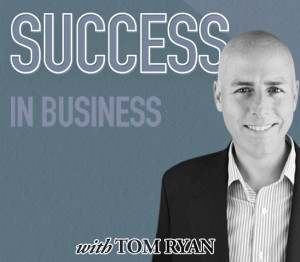 During my time as a business coach, I’ve made it a point to talk about the importance of sales. Not just the act of meeting with a prospect and finding ways to align their interest with your products or services — although that is a huge part of the job — but also developing the processes that make up the business sides of sales. Without these core competencies, you can’t create those measurable and predictable results that are so key to consistently generating profits.
During my time as a business coach, I’ve made it a point to talk about the importance of sales. Not just the act of meeting with a prospect and finding ways to align their interest with your products or services — although that is a huge part of the job — but also developing the processes that make up the business sides of sales. Without these core competencies, you can’t create those measurable and predictable results that are so key to consistently generating profits.
The more accurately you can measure your sales performance, the easier it becomes to both forecast future results and verify your current trajectory. To do this, you not only need a method for reliably generating that data, you also need a dashboard of some kind to help you make sense of it. Continue reading




